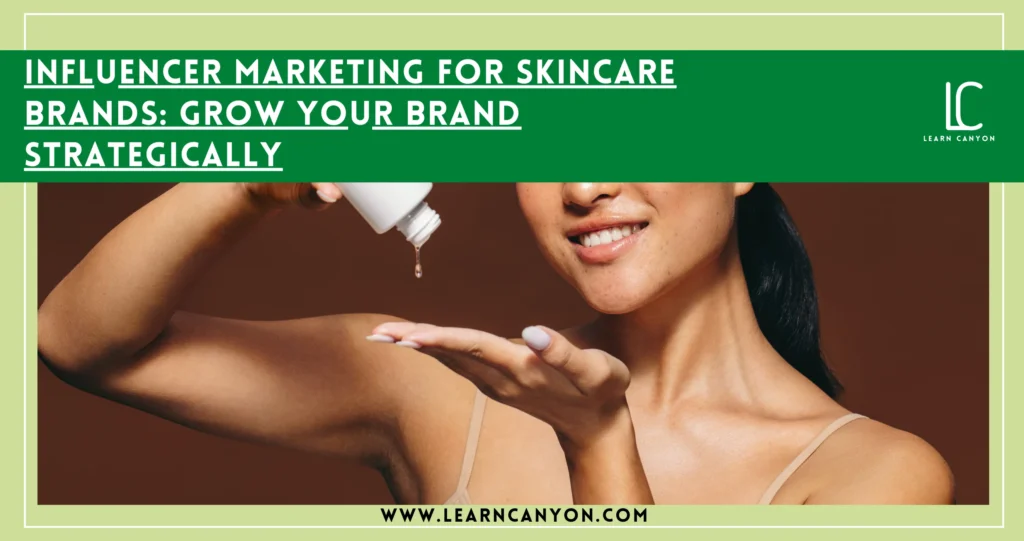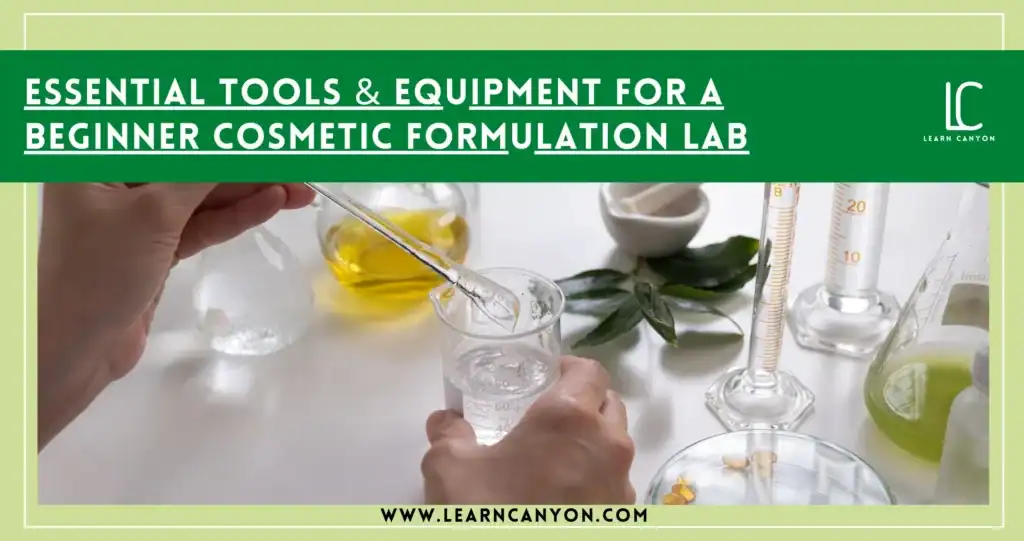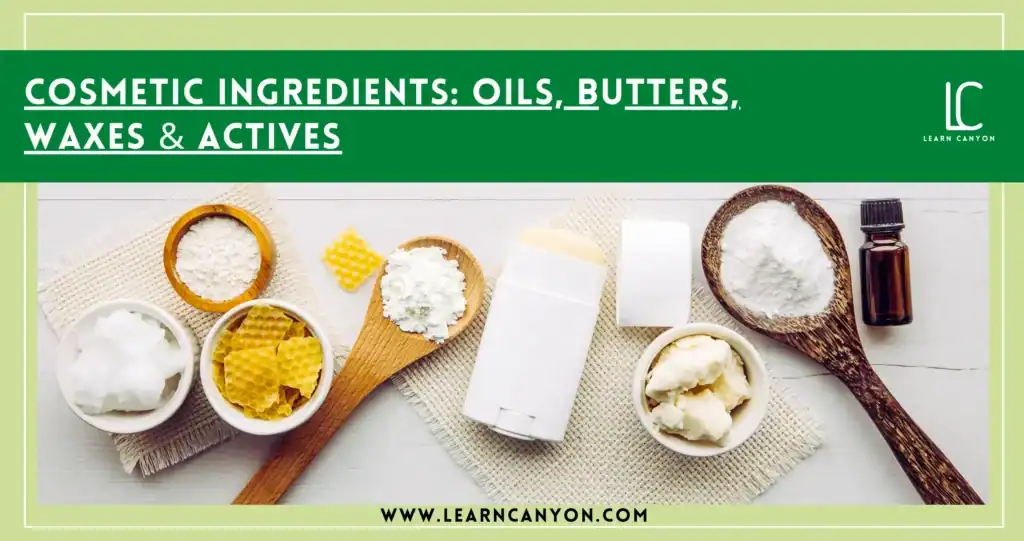Influencer marketing has become a powerful strategy for skincare brands looking to grow their brand and reach new audiences. By partnering with influencers who have a strong presence in the beauty and skincare industry, brands can strategically promote their products to a highly engaged and targeted audience.
This form of marketing allows for authentic and relatable content that resonates with consumers, ultimately driving brand awareness and sales.
Influencer marketing for skincare brands offers the opportunity to showcase their products in real-life situations and provide valuable testimonials from trusted individuals.
By leveraging the influence and reach of these influencers, brands can effectively communicate the benefits and results of their skincare products, ultimately building credibility and trust with consumers.
With the right influencer partnerships, skincare brands can strategically position themselves in the market and drive growth through targeted and impactful marketing efforts.
This article will explore the benefits of influencer marketing for skincare brands, provide tips for finding the right influencers to partner with, and offer strategies for creating successful campaigns that drive brand growth and engagement.
We will also discuss the importance of authenticity and transparency in influencer partnerships, as well as the potential challenges and considerations for brands looking to leverage this marketing strategy.
Understanding Influencer Marketing For Skincare Brands
What Is Influencer Marketing?
Influencer marketing is a form of social media marketing that involves endorsements and product placements from influencers—people and organizations who have a purported expert level of knowledge or social influence in their field. Influencers often have large, engaged audiences on social media platforms such as Instagram, YouTube, TikTok, and blogs, where they share content and interact with their followers.
There are influencers in the beauty industry who are called BEAUTY INFLUENCERS. Who are they?
Beauty influencers are social media content makers who specialise in beauty.
The following social media influencers:
- Create regular, compelling material on a variety of beauty-related themes.
- Have built a sizable, active following.
- Have a loyal following who value their extensive knowledge, expertise, and practical abilities.
- Are respected in the beauty industry.
- Partnerships can take many different forms, namely sponsored content, engaging offers, instructional tutorials, and exclusive event participation, all designed to bring brands closer to their customers.
Yet not all beauty influencers are made equal.
They have varying follower counts and handle different themes in different ways, ranging from in-depth assessments of goods and practical how-to guides to providing fewer-known beauty insights and step-by-step techniques.
BI tip: Here is our ethos-based classification of beauty influencers.
The Product Gurus:
These individuals know everything about beauty goods. They offer extensive reviews, beauty recommendations, and techniques that address viewers’ hair and skin concerns. Their viewers rely on them for candid feedback and in-depth expertise about the latest and greatest in beauty.
Beauty Vloggers:
These are the dynamic personalities on YouTube and Instagram. They engage audiences with their “Get Ready With Me” videos, makeup challenges, and personal stories from their daily lives. Vloggers frequently have a devoted following that appreciates their real content and entertaining manner.
Makeup Artists (MUAs):
Skilled makeup artists promote their work on social media. They combine creativity and technique by presenting high-end styles, editorial makeup, and unique effects. Brands work with MUAs because of their specialised knowledge and inventive ideas.
The Skincare Supporters:
These skincare gurus teach their audience about regimens, products, and skin health. They share their personal experiences, making them relevant and trustworthy to followers seeking skincare guidance.
The Ethical Influencers:
These individuals promote cruelty-free, vegan, or sustainable beauty. They appeal to audiences who are cognizant of their products’ ethical features.
Niche Experts:
These influencers, who specialise in specialised areas such as organic products, acne-prone skin remedies, or age-defying beauty, have a loyal following that is keen on their unique expertise.
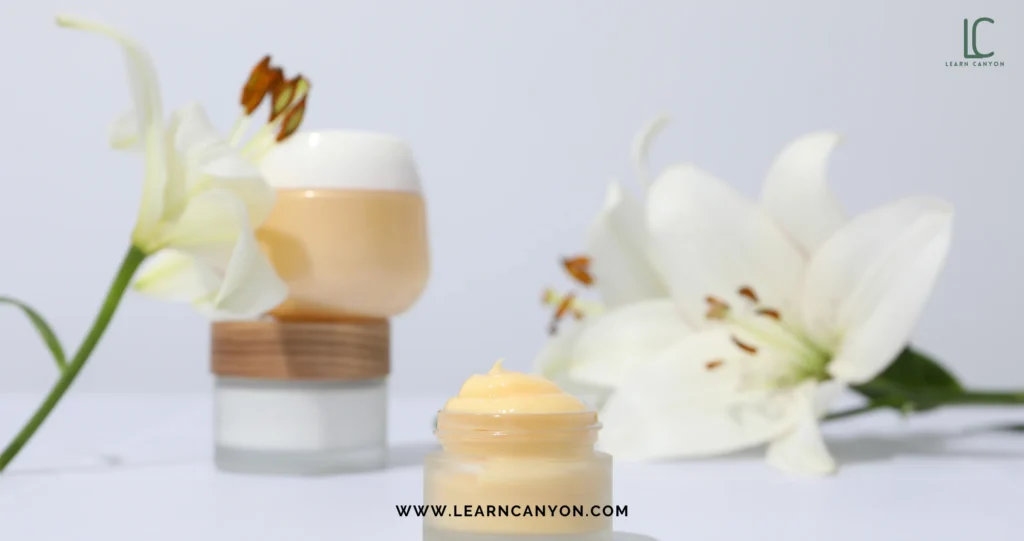
Impact Of Beauty Influencers On Consumer Purchasing Decisions
1. Building Trust and Credibility
Beauty influencers often share personal experiences and honest reviews of products, which can build a high level of trust with their followers. When an influencer endorses a product, their audience is more likely to perceive the recommendation as genuine and reliable, compared to traditional advertising. This trust translates into increased confidence in the product and a higher likelihood of purchase.
2. Creating Relatable and Aspirational Content
Influencers provide content that is both relatable and aspirational. They often share their skincare routines, makeup tutorials, and before-and-after transformations, allowing consumers to see the potential results of using certain products. This visual and relatable content can inspire consumers to try new products and replicate the looks and routines of their favourite influencers.
3. Highlighting Product Benefits and Usage
Beauty influencers educate their audience about the benefits and proper usage of products. Detailed reviews, tutorials, and demonstrations provide valuable information that helps consumers make informed purchasing decisions. This educational content can demystify complex products and ingredients, making consumers more comfortable and confident in their choices.
4. Driving Social Proof and FOMO (Fear of Missing Out)
When consumers see their favourite influencers using and endorsing a product, it creates a sense of social proof. The idea that a trusted and admired figure uses a product can validate its quality and desirability. Additionally, the fear of missing out (FOMO) can drive consumers to purchase products quickly, especially if they believe they are popular and might sell out.
Understanding Beauty Influencer Campaigns
A beauty influencer campaign is a marketing strategy where brands collaborate with influencers in the beauty industry to promote their products or services. These influencers, who have a significant following on social media platforms, leverage their credibility and relationship with their audience to endorse beauty products, such as skincare, makeup, haircare, and more.
Types Of Beauty Influencer Campaigns
- Educational Content Creation
Beauty content makers create extensive tutorials, how-to guides, and educational materials that teach viewers about different beauty procedures. This strategy places the product into actionable, relatable use cases, which increases its attractiveness.
- Collaborative Launches
Beauty firms collaborate with influencers to launch new products or lines. These collaborations use the creator’s power to build excitement and expectation among consumers, frequently providing exclusive previews or broad insights into the product creation process.
- Exclusive Offers
Social media influencers pitch exclusive coupons or special offers that are only available via their networks. This method increases sales by instilling a sense of haste and exclusivity in followers, urging them to take rapid action to profit from the influencer-endorsed promotion.
- Events
Beauty companies and influencers work together to produce or participate in events that range from product launch parties to engaging online seminars or tutorials. These events promote community engagement by allowing fans to interact personally with their favourite influencers and learn about the business in a dynamic, engaging environment.
Examples of Successful Influencer Campaigns in the Skincare Industry
Influencer marketing has led to several notable successes in the skincare industry, with brands leveraging influencers to reach and engage their target audiences effectively. Here are a few examples of successful influencer marketing campaigns:
1. Glossier: Cultivating a Community-Driven Brand
Campaign Overview: Glossier, a skincare and beauty brand, has built its success on the power of influencer marketing and community engagement. The brand collaborates with micro-influencers and everyday users, encouraging them to share their personal experiences with Glossier products on social media and conducting a lot of social media promotion.
Key Elements:
- User-Generated Content: Glossier encourages customers to share their product reviews and skincare routines on Instagram and other social media platforms. This user-generated content is often reshared on Glossier’s official channels, creating a sense of community and authenticity.
- Micro-Influencers: By working with micro-influencers who have smaller but highly engaged followings, Glossier ensures that its message reaches a targeted and receptive audience.
- Engagement and Interaction: Glossier actively engages with its community, responding to comments and reposting user content, which helps build strong brand loyalty.
Impact: This strategy has helped Glossier build a loyal customer base and achieve significant brand recognition, driving both online and offline sales.
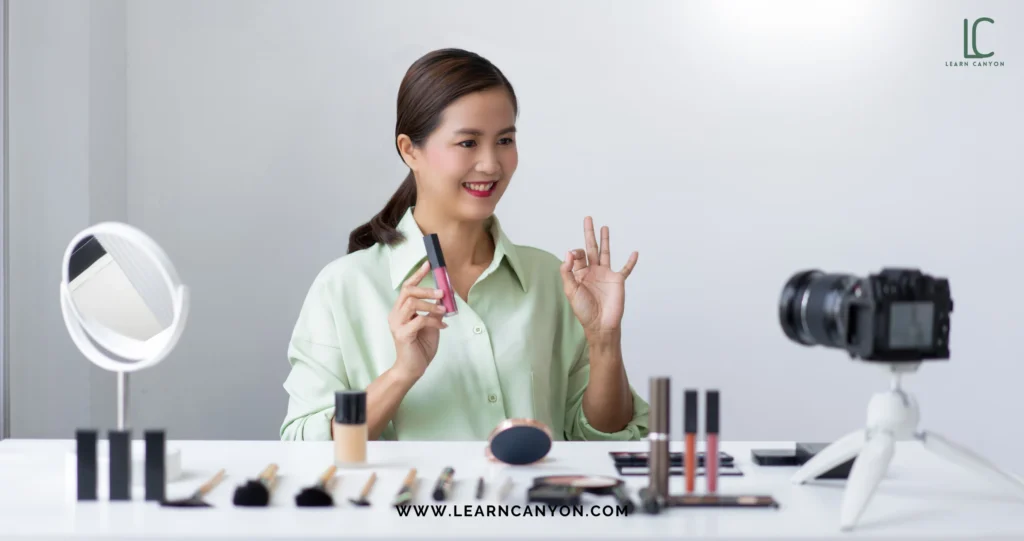
2. The Ordinary: Transparency and Education
Campaign Overview: The Ordinary, a skincare brand known for its transparent ingredients and affordable prices, leveraged influencer campaigns to educate consumers about its products and the science behind skincare.
Key Elements:
- Educational Content: The Ordinary collaborated with skincare experts and influencers who provided detailed explanations of the brand’s products, their ingredients, and their benefits. This educational content helped demystify the products and build trust.
- Long-Term Partnerships: The brand focused on long-term collaborations with influencers, allowing them to build deeper connections with their audiences and provide consistent, reliable information about The Ordinary’s products.
- Honest Reviews: Influencers were encouraged to give honest reviews and share their personal experiences, adding to the authenticity and credibility of the brand.
Impact: The influencer campaigns successfully positioned The Ordinary as a trustworthy and science-driven skincare brand, leading to increased consumer trust and a surge in sales.
Tips for Selecting the Right Influencers for Your Skincare Brand
Selecting the right influencers is crucial for the success of a skincare brand’s influencer marketing campaign. The right influencers can effectively reach your target audience, build trust, and drive engagement. Here are key tips for selecting the right influencers for your skincare brand:
1. Define Your Goals
Understand Your Objectives:
- Brand Awareness: If the goal is to increase brand visibility, you might opt for influencers with a large following.
- Product Launches: For promoting new products, choose influencers who are known for trying and reviewing new skincare items.
- Driving Sales: Collaborate with influencers who have a track record of high engagement and conversion rates.
- Educational Content: If your products have unique ingredients or usage instructions, partner with influencers who can provide in-depth reviews and tutorials.
2. Know Your Target Audience
Demographic Alignment:
- Age: Ensure the influencer’s followers are within the age range of your target market.
- Gender: Choose influencers whose audience aligns with the gender most likely to use your products.
- Location: If your brand targets a specific geographic area, find influencers with a strong presence in that region.
Psychographic Alignment:
- Interests: The influencer’s content should align with skincare and beauty interests.
- Values: Partner with influencers whose values and ethos align with your brand (e.g., cruelty-free, vegan, sustainable practices).
3. Analyze Influencer Metrics
Follower Count:
- Micro-Influencers (10k-100k followers): Often have higher engagement rates and more niche, loyal audiences.
- Macro-Influencers (100k-1M followers): Offer a balance of reach and engagement.
- Mega-Influencers (1M+ followers): Provide extensive reach, suitable for large-scale brand awareness campaigns.
Engagement Rate:
- Likes, Comments, Shares: Higher engagement rates often indicate a more loyal and active follower base.
- Authenticity: Look for genuine interactions rather than superficial or bot-driven comments.
Content Quality:
- Aesthetic: The influencer’s content style should match your brand’s visual identity.
- Consistency: Regular and high-quality content creation is crucial.
4. Assess Influencer Authenticity
Past Collaborations:
- Relevance: Review previous brand collaborations to ensure they are relevant and non-competitive.
- Transparency: Ensure the influencer discloses sponsored content, maintaining trust with their audience.
Follower Authenticity:
- Fake Followers: Use tools and analytics to detect fake followers or inflated metrics.
- Audience Quality: Ensure that the majority of followers are real, engaged users.
5. Conduct a Content Review
Content Relevance:
- Skincare Focus: Prioritize influencers who regularly post about skincare and beauty.
- Educational Value: Look for influencers who provide detailed product reviews, tutorials, and skincare advice.
Brand Alignment:
- Tone and Voice: The influencer’s tone should align with your brand’s messaging.
- Visual Style: Their photography and video style should complement your brand’s aesthetic.
6. Use Influencer Marketing Tools
Platform Analytics:
- Social Media Tools: Use tools like HypeAuditor, Socialbakers, or Influencity to analyze influencer metrics and audience demographics.
- Campaign Management: Tools like AspireIQ or Traackr can help manage influencer relationships and campaign performance.
7. Engage with Potential Influencers
Build Relationships:
- Personal Interaction: Engage with potential influencers on their social media platforms before reaching out formally.
- Genuine Interest: Show genuine interest in their content and how it aligns with your brand.
Outreach:
- Customized Approach: Personalize your outreach to each influencer, explaining why they are a perfect fit for your brand.
- Clear Proposal: Outline the campaign details, expectations, and compensation.

Benefits of Working With Micro-Influencers in the Skincare Industry
Micro-influencers, typically defined as social media influencers with follower counts ranging from 10,000 to 100,000, have become increasingly valuable in the skincare industry. Their unique advantages make them an attractive option for brands looking to create authentic connections and drive engagement.
Here are the key benefits of working with micro-influencers in the skincare industry:
1. Higher Engagement Rates
Closer Audience Connection:
- Micro-influencers often have more personal and direct interactions with their followers, fostering a sense of community and trust.
- This close-knit relationship results in higher engagement rates, as followers are more likely to like, comment, and share content from influencers they feel connected to.
Active and Loyal Following:
- Followers of micro-influencers tend to be highly engaged and loyal, actively participating in discussions and valuing the influencer’s recommendations.
- This loyalty can translate into higher conversion rates when the influencer endorses a skincare product.
2. Authenticity and Trust
Genuine Recommendations:
- Micro-influencers are perceived as more relatable and authentic compared to mega-influencers or celebrities. Their product recommendations are often seen as genuine and unbiased.
- This authenticity is crucial in the skincare industry, where consumers seek trustworthy advice and reviews for products that directly affect their skin health.
Niche Expertise:
- Many micro-influencers focus on specific niches within the skincare industry, such as acne treatment, anti-ageing, or natural products.
- Their specialized knowledge and experience make them credible sources of information, enhancing their followers’ trust in their recommendations.
3. Cost-Effectiveness
Lower Costs:
- Collaborating with micro-influencers is generally more affordable than working with macro-influencers or celebrities, making it a cost-effective option for brands with limited marketing budgets.
- This allows brands to engage multiple micro-influencers for the price of one macro-influencer, increasing their reach and diversity of content.
Higher ROI:
- The high engagement rates and authentic connections of micro-influencers often result in a better return on investment (ROI).
- Brands can achieve significant impact and reach through micro-influencer campaigns without the high costs associated with larger influencers.
4. Targeted Reach
Specific Audience Segments:
- Micro-influencers often have followers who share specific interests or demographics, allowing brands to target niche markets more effectively.
- This targeted reach ensures that the brand’s message resonates with the right audience, increasing the likelihood of conversions.
Localized Influence:
- Many micro-influencers have strong followings in specific geographic regions, making them ideal for brands looking to target local markets.
- This localized influence can be particularly beneficial for skincare brands promoting region-specific products or launching in new markets.
5. Diverse and Authentic Content
Creative Freedom:
- Micro-influencers often produce high-quality, authentic content that resonates well with their audience.
- Their creativity and unique perspectives can add variety and freshness to a brand’s marketing efforts, making the content more engaging and relatable.
User-Generated Content:
- Collaborating with micro-influencers can generate a wealth of user-generated content (UGC) that brands can repurpose across their marketing channels.
- This UGC serves as social proof, further enhancing the brand’s credibility and appeal.
How to Use Influencer Marketing to Grow Your Skincare Brand
Using influencer marketing effectively can significantly enhance the growth of your skincare brand.
Here are some detailed strategies to consider:
1. Leverage Micro-Influencers
- Why Micro-Influencers? They typically have a highly engaged audience and can be more cost-effective than macro-influencers.
- Strategy: Partner with micro-influencers (10k-100k followers) who specialize in beauty and skincare. Their recommendations often feel more personal and trustworthy to their followers.
2. Create Authentic and Engaging Content
- Strategy: Collaborate with influencers to create authentic content that showcases your products. This can include tutorials, reviews, morning/night routines, and unboxing videos.
- Example: Encourage influencers to create “Get Ready With Me” videos featuring your products.
3. Host Giveaways and Contests
- Why Giveaways? They can quickly increase your brand’s visibility and follower count.
- Strategy: Partner with influencers to host giveaways. Ensure that participants follow your brand’s social media accounts and tag friends to enter.
- Example: “Follow us and @influencer, and tag three friends for a chance to win our complete skincare set!”
4. Utilize User-Generated Content (UGC)
- Why UGC? It’s authentic and relatable, increasing trust among potential customers.
- Strategy: Encourage influencers and their followers to share their experiences with your products using a branded hashtag. Re-post this content on your social media channels.
- Example: Run a campaign with a specific hashtag like #GlowWith[BrandName] and feature the best posts on your profile.
5. Offer Exclusive Discount Codes
- Why Discount Codes? They provide an incentive for followers to make a purchase.
- Strategy: Give influencers unique discount codes to share with their followers. This not only drives sales but also helps track the effectiveness of each influencer.
- Example: “Use code [InfluencerName10] for 10% off your first order at [BrandName].”
6. Collaborate on Limited Edition Products
- Why Collaborate? It creates buzz and urgency around your brand.
- Strategy: Work with a popular influencer to co-create a limited edition product or bundle. Promote it as a special, time-sensitive offer.
- Example: “Introducing the [InfluencerName] x [BrandName] Glow Kit, available for a limited time only!”
7. Create Tutorials and Educational Content
- Why Educational Content? It positions your brand as an expert in skincare.
- Strategy: Partner with skincare experts or influencers to create educational content, such as skin care routines, ingredient breakdowns, and tips for different skin types.
- Example: Host an Instagram Live session with a dermatologist influencer discussing how to use your products for different skin concerns.
8. Engage in Influencer Takeovers
- Why Takeovers? They can introduce your brand to a new audience in an engaging way.
- Strategy: Have influencers take over your social media accounts for a day. They can share their skincare routines, and behind-the-scenes content, and answer follower questions.
- Example: “Join us this Friday as @InfluencerName takes over our Instagram Stories to share her favourite summer skincare tips!”
9. Build Long-Term Partnerships
- Why Long-Term Partnerships? They foster authenticity and loyalty.
- Strategy: Develop ongoing relationships with select influencers who genuinely love and use your products. This can lead to more consistent and authentic promotion.
- Example: Create an ambassador program where influencers receive regular product shipments and exclusive news in exchange for regular promotion.
10. Measure and Optimize Campaigns
- Why Measure? To understand what works and improve future campaigns.
- Strategy: Use analytics tools to track the performance of each influencer campaign. Monitor metrics such as engagement rates, website traffic, and sales conversions.
- Example: Regularly review the data to see which influencers are driving the most value and adjust your strategy accordingly.
Conclusion
From the above article, we understood how influencer marketing can impact consumer buying, the influencer marketing strategies needed to be used to grow the skincare brand, influencer marketing benefits, types of beauty influencers, influencer campaigns and a lot more. We can conclude that building long-term partnerships with influencers and collaborating on unique product offerings can further enhance brand loyalty and authenticity. Additionally, incorporating educational content and engaging in influencer takeovers can position your brand as an expert in the skincare industry.
Ultimately, the key to successful influencer marketing lies in continuous measurement and optimization. By tracking performance metrics and understanding what resonates with your audience, you can refine your strategies and achieve sustainable growth. Embrace the dynamic and evolving nature of influencer marketing to keep your skincare brand relevant, engaging, and influential in the marketplace.
If you are looking to create and grow your skincare brand, then look no further and join our formulation school to learn advanced techniques and strategies in our lab and start building your skincare brand NOW!
Happy Formulating 🙂




